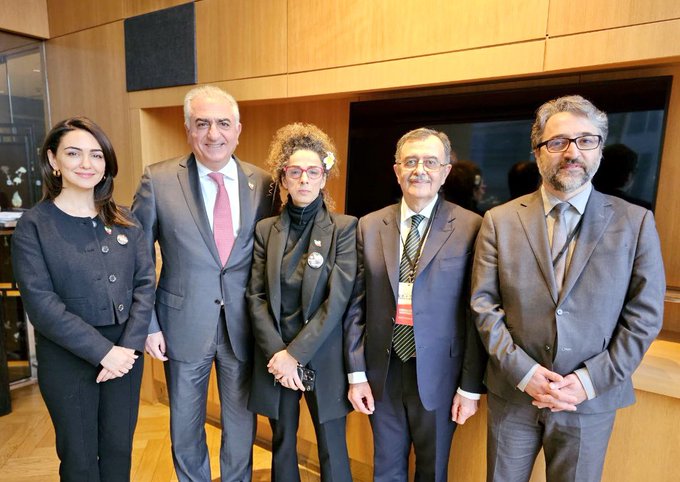Manifesto Controversies: Uniting or Dividing Iranian Opposition Groups?
March 26, 2023Six months have elapsed since the beginning of the protests known as the Mahsa Amini uprising. During this period, nearly every large and small city in Iran has been the scene of unrest, demonstrations, and confrontations between women, youths, and regime security forces. In most instances thus far, the regime has managed to quell or neutralize the street protests, except for those in Kurdistan and Baluchistan.
Despite the subsidence of street protests, the “Mahsa, Jina, Revolution,” a moniker bestowed upon it by the Iranian populace, has inflicted an irreparable blow to the political apparatus of the regime domestically and its international credibility beyond its borders.
However, the advantage the Iranian regime had initially capitalized on since the beginning of the protests was the absence of a comprehensive and universally trusted alternative for the majority of the people and opponents. This lack of an alternative manifested in an insufficient organization to counteract the suppressive apparatus and in the failure to develop innovative protest strategies, such as coordinating demonstrations, strikes, and the cohesion of various groups.
In recent months, opposition groups, primarily outside Iran’s borders, have initiated efforts to form a coalition by publishing various manifestos, charters, and platforms to foster proximity among them. Perhaps the most prominent and widely discussed of these manifestos is the one dubbed “Mahsa Charter.” Its prominence can be attributed to its coverage from several satellite television networks, including Voice of America, Iran International, and BBC Persian. However, on the other hand, this Charter and its signatories have generated significant controversy in social media. Reza Pahlavi, the son of Iran’s former Shah, has been at the center of these controversies as one of the charter’s signatories, to the extent that this endeavor, which was supposed to mark the beginning of a united front, has instead become a divisive tool.
Amidst these controversies, the presence of Abdullah Mohtadi, the leader of an Iranian Kurdish party, among the signatories has also sparked debate. Mr. Mohtadi announced yesterday that he was representing Kurdistan alongside Mr. Reza Pahlavi and three others. This claim by Mohtadi prompted many Kurdish political activists to challenge it on social media. The Kurdistan Democratic Party of Iran, the largest party in Kurdistan, has so far refrained from participating in Reza Pahlavi’s manifesto and has essentially condemned any collaboration with monarchists. The emergence of two distinct and occasionally conflicting voices from Kurdistan has left Kurdish political activists bewildered, a situation that undoubtedly provides the Islamic Republic with an opportunity to better psychologically prepare itself against organized protests.
